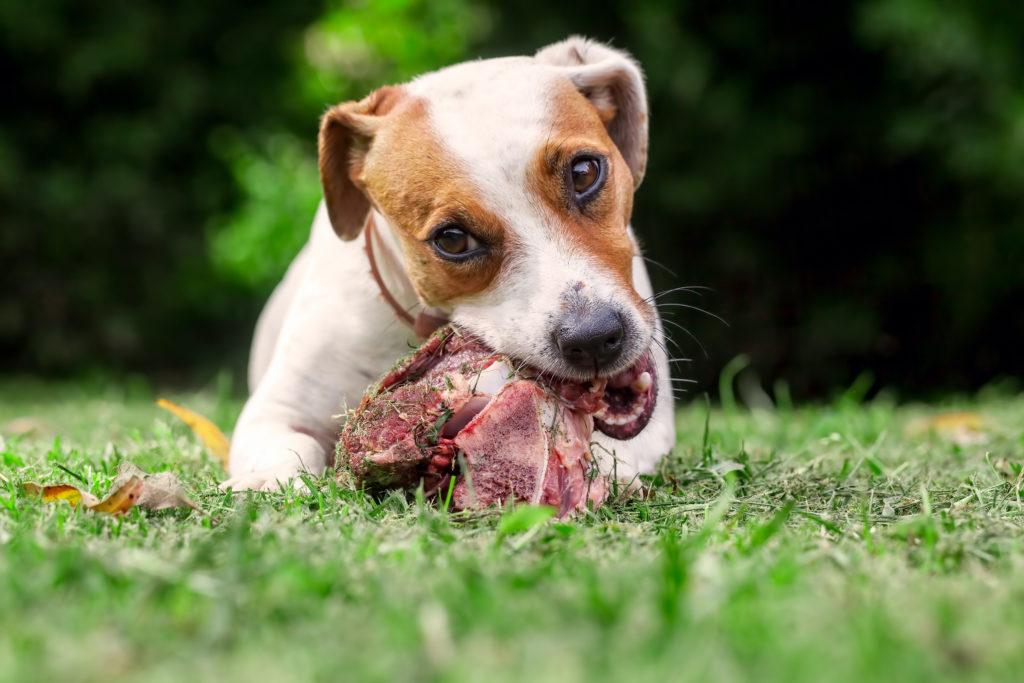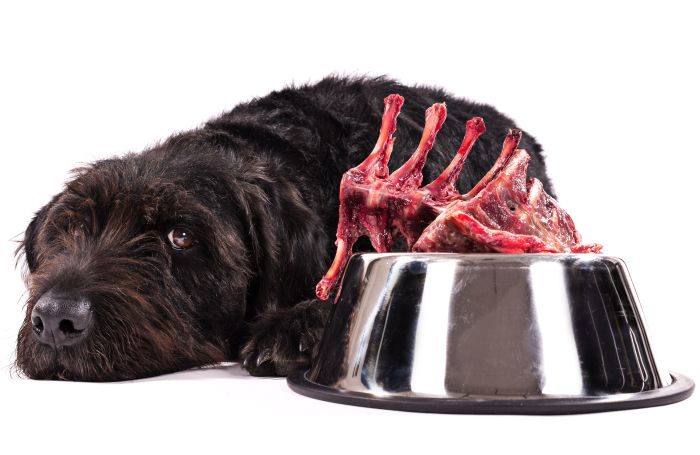Making your raw dog food can be a great way to ensure that your pup gets the best nutrition possible. With the right ingredients, knowledge, and preparation, you can ensure that your K9 companion gets all the nutrition he needs for a healthy diet. This article will provide helpful tips on making k9 raw dog food, from what ingredients to use to proper storage techniques.
Step one: Tools Needed
First and foremost, you will need a sharp knife for cutting meat and vegetables into small pieces that your pup can easily chew. Additionally, a large cutting board will provide ample space and stability when prepping ingredients. In order to ensure maximum freshness of your ingredients, it is recommended that you have containers or bags available for storing in the refrigerator or freezer before adding them to your dog’s meal. Finally, if grinding any meats or bones is part of the recipe, be sure to have an appropriate grinder at home so that everything is blended evenly.

Step Three: Prepare the Meat
Firstly, make sure you use lean cuts of beef, pork, or poultry for your dog’s diet. All fat should be removed from the meat before cooking as this can cause health issues later. Additionally, bones should always be avoided when selecting cuts of meat as they could splinter and become lodged in your dog’s throat or digestive system.
Next, defrosting any frozen meats is essential before cooking them. It will ensure that all bacteria are removed and that the food remains safe after being cooked.
Step Four: Ingredients
Step one in making k9 raw dog food requires gathering the right ingredients. You’ll need protein, such as beef, chicken, fish, or eggs. Additionally, some organ meat like liver and heart are a great source of vitamins and minerals for your pup. You’ll also want to include vegetables and fruits for fiber and antioxidants. Make sure you don’t feed them anything toxic like onions or avocados, as these can be dangerous for your pup’s health. Finally, grains like brown rice can be beneficial for providing carbohydrates and other essential vitamins needed for healthy growth. Once you have all the ingredients, it’s time to begin prepping your pup’s meal!
Bottom Line
First, choose a supplement explicitly formulated for canine health. It will ensure your pup gets the appropriate amounts of vitamins and minerals without unnecessary fillers or additives. Additionally, look for supplements from natural sources such as herbs or plants rather than synthetic ingredients. Lastly, ensure you adjust the dosage according to your pet’s size and activity level, as smaller dogs may need less than larger ones.









